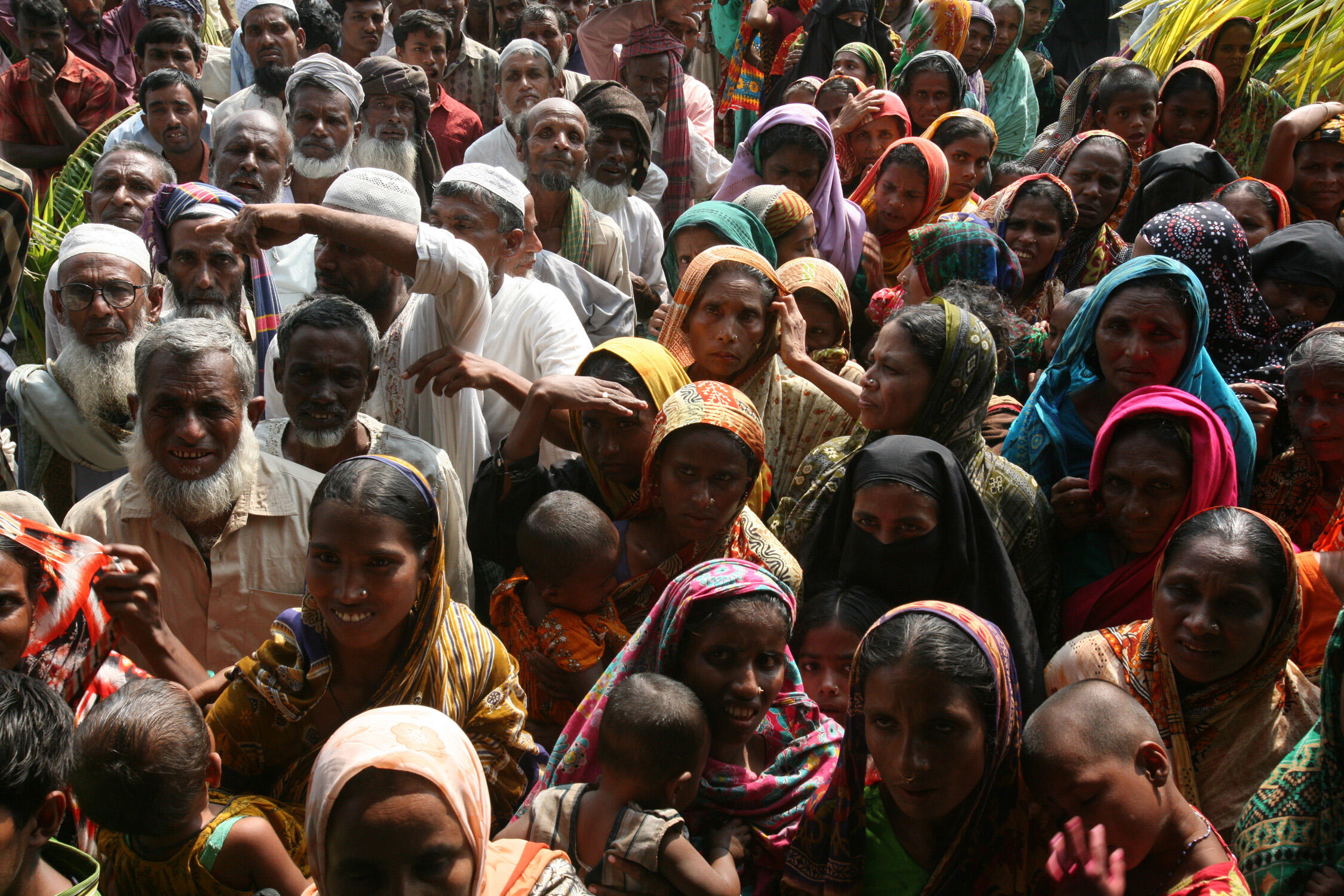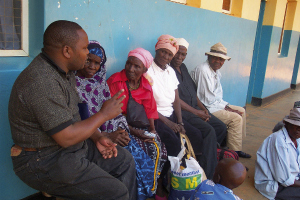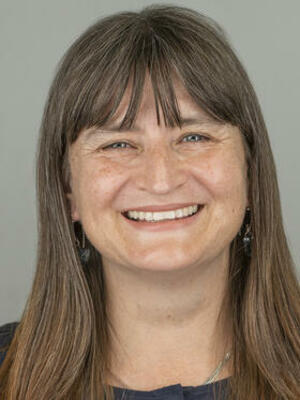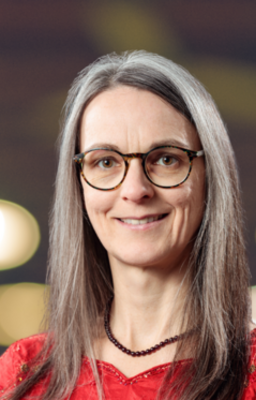
The Gender and Health Group at the Liverpool School of Tropical Medicine was established in 1995. The multi-disciplinary group is at the forefront of work on gender and health, applying gender analysis and planning in their various areas of expertise e.g. health systems, sexual, reproductive and maternal health, HIV, Tropical Disease and human resource development including a focus on close to community providers.
Group members and projects link closely with Health Systems Development and projects and address:
- The ways in which the health systems can better respond to different needs of women, men, girls and boys.
- The need to prioritise gender-based approaches in health-service delivery and
- The interplay between gender and other axes such as age and ethnicity and their effect on vulnerability to ill health
The group has produced Guidelines for the Analysis of Gender and Health in developing countries with the financial support of the UK Government's Department for International Development (DFID). These guidelines aim to enhance the ability to understand and respond to gender issues amongst those involved in the planning, implementation, and evaluation of health care provision and health research.
Current Projects:

Research in Gender and Ethics: building stronger health systems (RINGS): Funded by the UK Department for International Development, this exciting new initiative brings together three health systems focused Research Programme Consortia (RPC): Future Health Systems, ReBUILD and RESYST in a partnership to galvanise gender and ethics analysis in health systems.
RinGs is working to understand and encourage, a gendered approach to the study of care-seeking; financing and contracting; governance; and human resources. Over the coming years RinGs will be synthesiing the evidence base, stimulating new research and encouraging mutual learning and research uptake.
Further information contact: Sally Theobald, Faye Moody

The ReBUILD consortium is a research partnership funded by the UK Department for International Development, in Cambodia, Sierra Leone, Uganda and Zimbabwe to explore how best to strengthen policy and practice related to health financing and staffing. ReBUILD has a focus on gender equity and has partnered with the Stockholm International Peace Research Institute (SIPRI) gender group led by Valerie Percival to develop a body of work on Building Back Better which focuses on the opportunities and challenges of promoting gender equity in post conflict contexts. Further information please contact Sally Theobald, Esther Richards

Demand side programs for maternal health services in India (MATIND): is a European Union (EU) funded FP7 project, coordinated by the Department of Public Health Sciences/Global Health at Karolinska Institutet, Stockholm, Sweden. The main objective is to evaluate two innovative large scale programs, which were set up to decrease maternal mortality among women living below poverty line in India.
Further information contact: Rachel Tolhurst, Joanna Raven, Mina Bhardwaj, Faye Moody

The COUNTDOWN programme is developing the evidence base on the impact of successful integrated Neglected Tropical Disease control programmes as well as assessing differences in experiences between women, men, girls and boys. Gender and equity questions will be asked to assess the impact of such interventions. For example when conducting qualitative and quantitative research on Mass Drug Administration (MDA) scale up, questions will be asked to better understand who benefits from MDA and opportunities to extend beyond school settings (to include out of school children, the under 5s and others) to ensure poor populations have improved and sustained access to drugs and identify individuals/groups who are deprived of that access. LSTM is working in partnership with Cameroon, Ghana, Liberia and Nigeria.
Further information contact: Sally Theobald, Samantha Page, Laura Dean, Eleanor Macpherson
OTHER PROJECTS/CONSULTANCIES:
- Word Health Organisation (WHO) Gender, Equity and Rights Project: A checklist is being developed to review National Health Policies, Strategies and Plans (NHPSPs) from a Gender, Equity and Rights (GER) lens, testing it on 6 NHPSPs from WHO’s 6 regions. A set of recommendations, synthesized in a short report, are also being developed on how the forthcoming WHO Handbook on National Health Policies, Strategies and Plans towards Universal Health Coverage can best account for GER. ?
Further information contact: Sally Theobald, Samantha Page
- Gender transformative HIV programming: supporting and assessing the quality of the training of District AIDS Coordinating Committees (DACCs) in Malawi, DFID (through the HEART consortium)
Further information contact: Sally Theobald, Lignet Chepuka & Eleanor MacPherson
 |
 |
Selected publications |
Previous projects |


